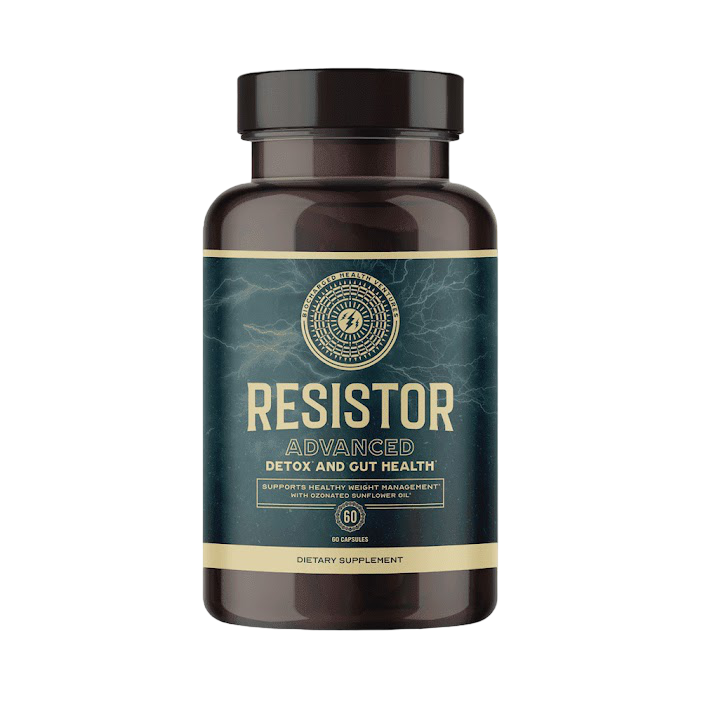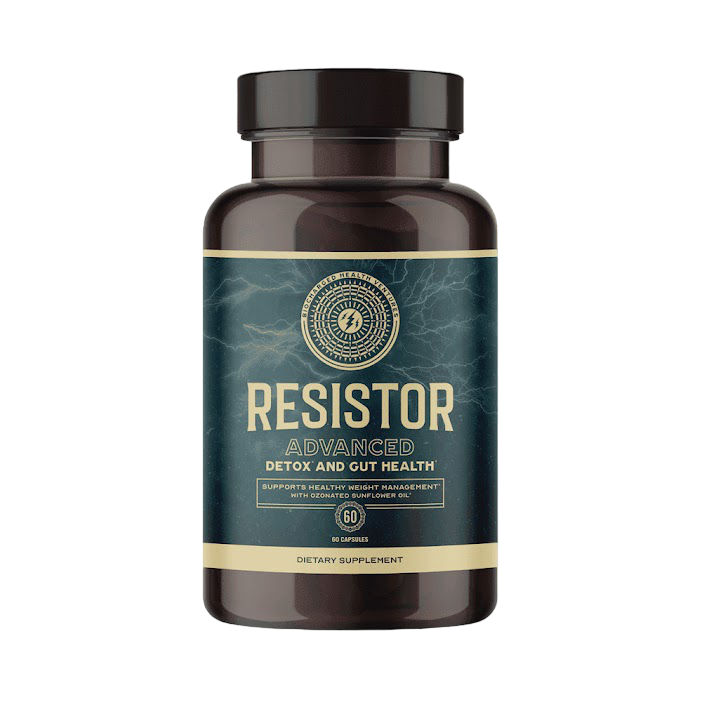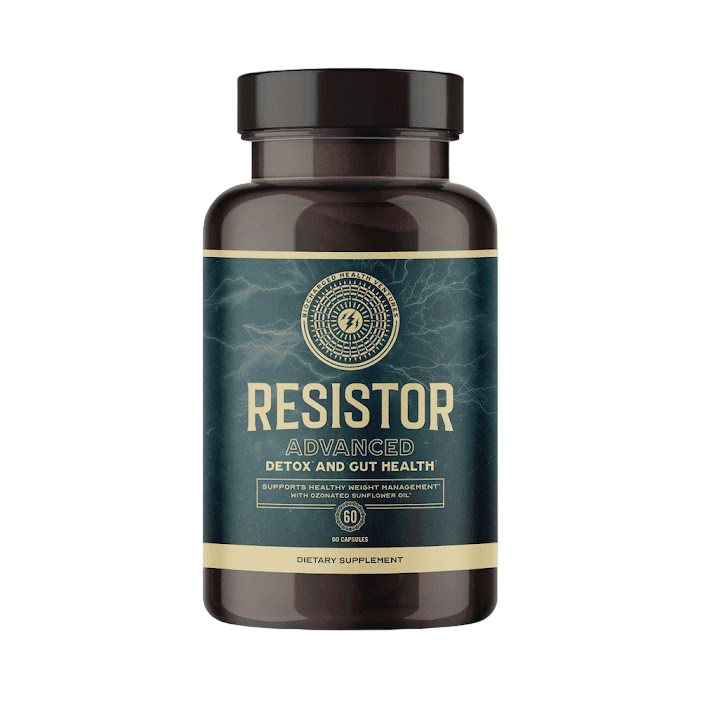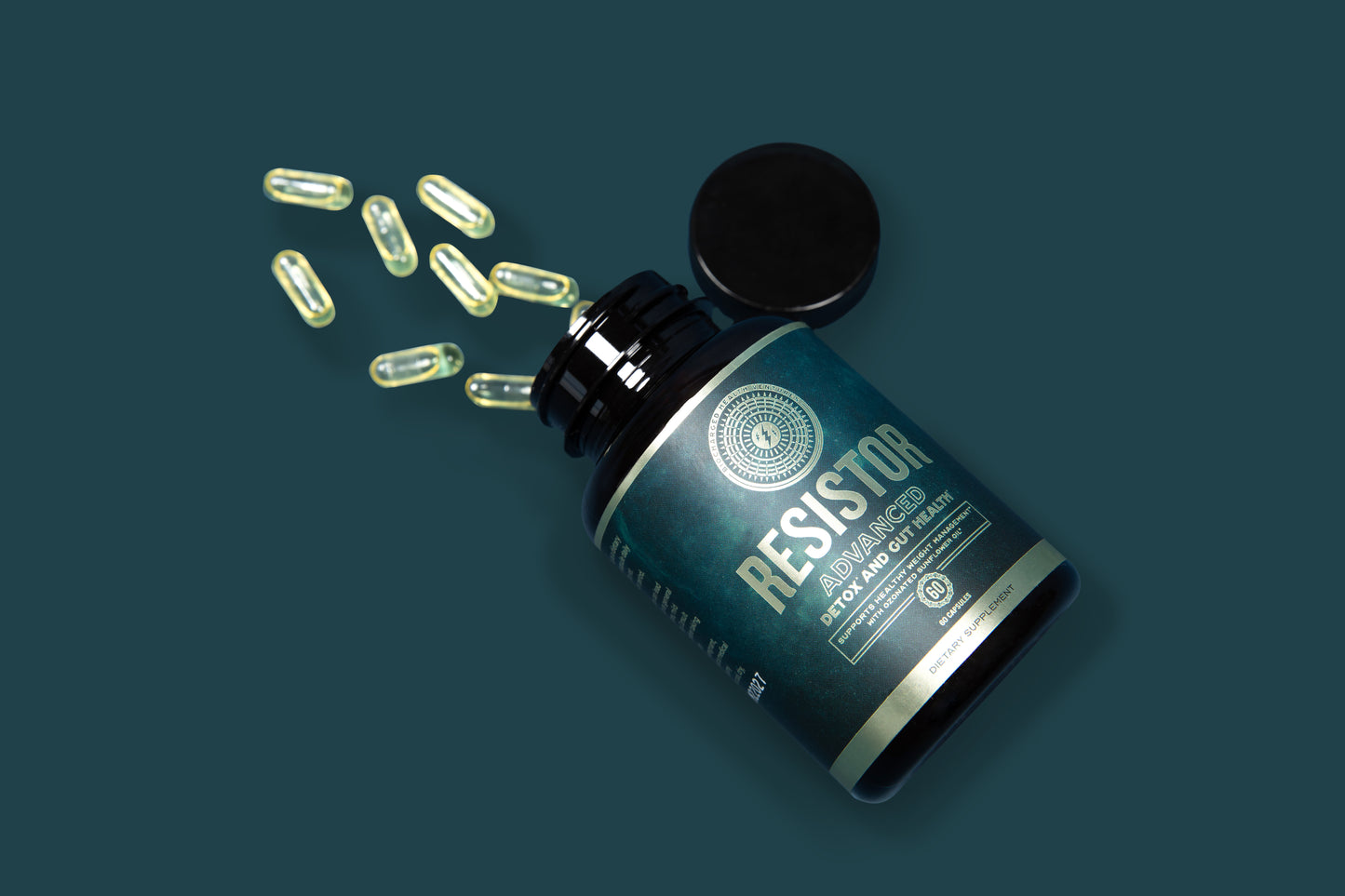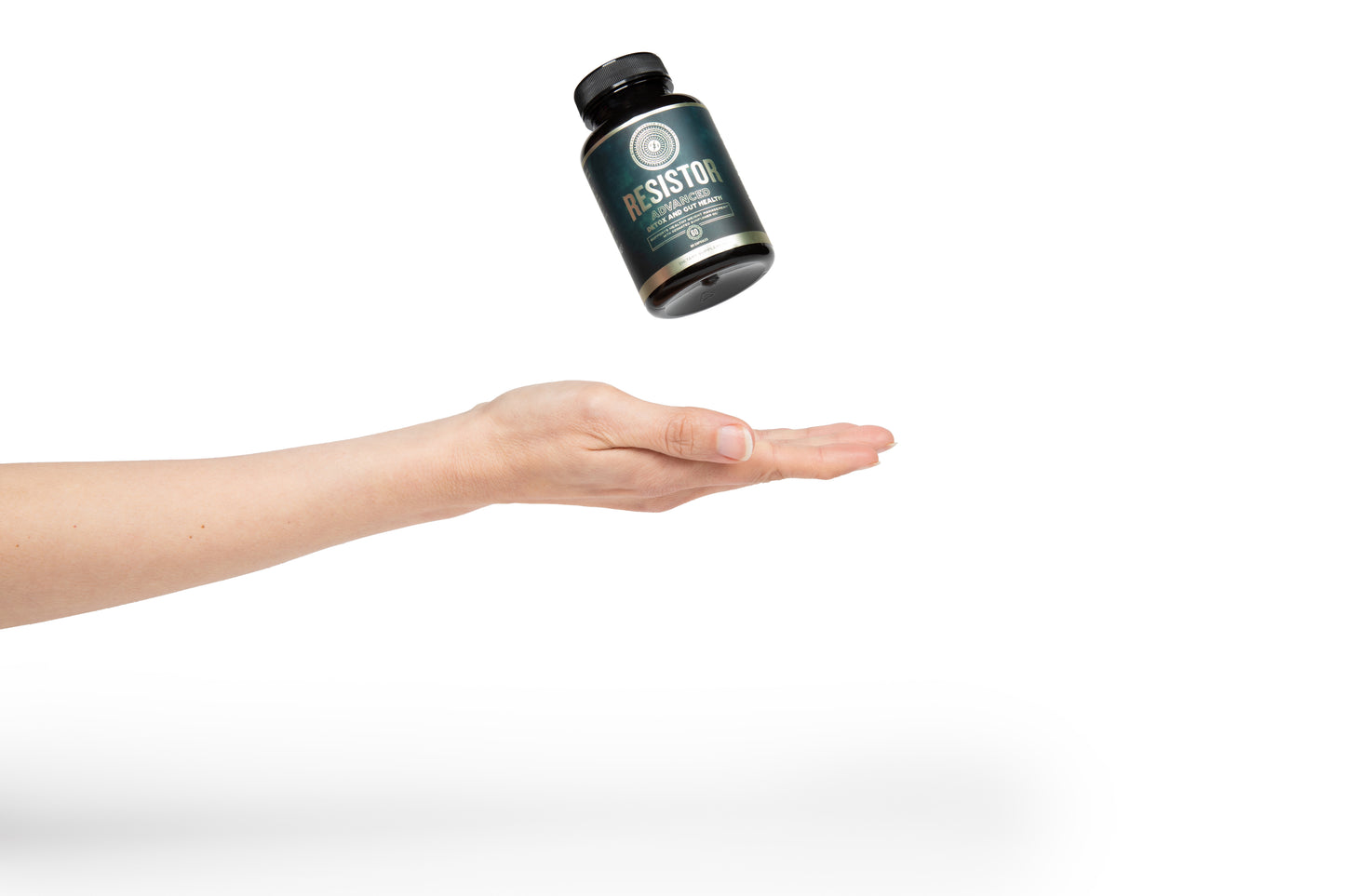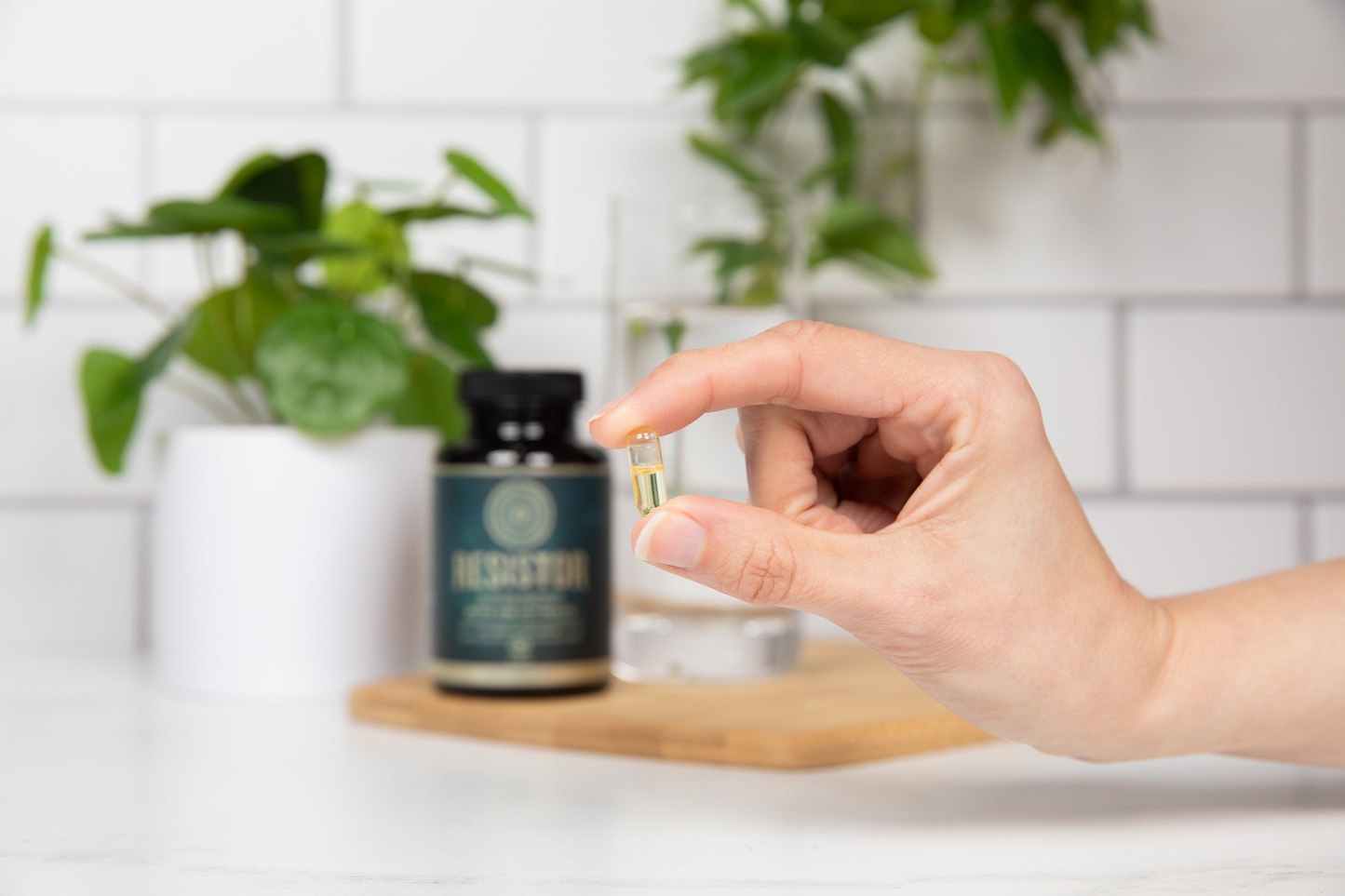When olive oil is ozonated suitably and sufficiently, it loses its original color and eventually becomes colorless. The oil’s density also increases in direct proportion with ozonation time and thus becomes more viscous than non-ozonated extra virgin olive oil. Ozonated olive oil holds a variety of health benefits but is best and most commonly used for conditions of the skin and external body, much as you would use a therapeutic salve or cream. As a massage paste, the oil acts as an antioxidant, allowing lactic acid and toxins to be released from the pores of the skin. It can also serve as the following:
- Treatment for sunburns
- Makeup remover
- Non-toxic treatment for animal wounds
- Moisturizing facial conditioner
- Reduction of swelling and inflammation, and many more.
In terms of capsule form, sunflower oil is preferred because it is virtually odorless and lacks the strong taste associated with other oils such as olive or hemp.
Unfortunately, in capsule form, olive oil has its problems. Olive oil takes on a notable smell during the ozonation process, whereas sunflower oil has a less intense aroma. Additionally, by targeting the release into the small intestine, the unfortunate side effects that come with oil-based supplements such as burping, are less of an issue–the unwanted side effects of distribution into the gut are no longer present. In terms of capsule form, sunflower oil is preferred because it is virtually odorless and lacks the strong taste associated with other oils such as olive or hemp.

Both olive and sunflower oil yield many benefits topically. Because of its strength and consistency, Resistor uses certified organic sunflower oil. It maintains a liquid consistency after being treated with ozone–making it a perfect carrier for our delayed-release capsules.
